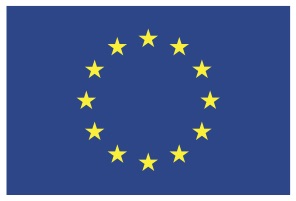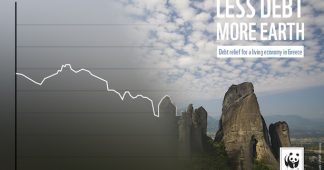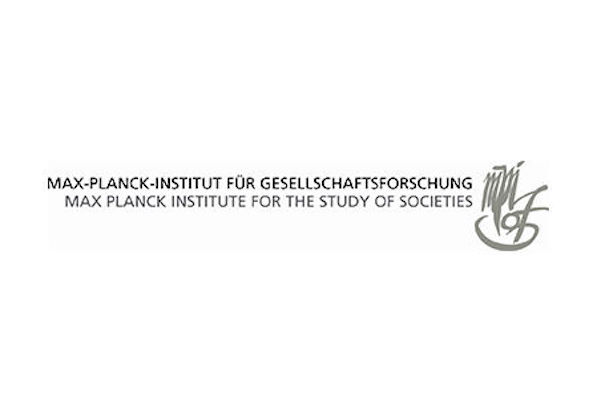by Panagiotis Balaktaris
Attorney at Law
Europe
Europe as a geographical area, has been afflicted by wars and blood. In almost every city, which now hosts an EU institution, fierce fighting has occured. In fact, because of this bloody historical footprint, some European cities were shortlisted so that the institutions of the organism called European Union to be built, installed and operate.
The symbolism is powerful. In the areas where rivers of blood were spilled for the primacy on the European continent, now there are institutions active there, which facilitate (?) the proper functioning of the European Union mechanism.
In the first decades of the formation of the EEC climate was pro-European, in the sense of the will of States to become members of this community. Almost all the countries of the European geographical family huddled in EEC ports to meet the required criteria and achieve the coveted “convergence.” Besides, then, money for the literal reconstruction and development of countries participating in the common European vision was plentiful. This also functioned as a lure for the other countries that were outside and wanted to be accepted in the next enlargement.
But the vision of European integration collapsed. There are many obvious reasons. Initially, completion was attempted unorthodoxly. Instead of efforts being made to achieve cultural and political convergence, economic convergence was chosen. Yet even this in the wrong way. While at first the economies had to consort with certain criteria that would stabilize the major economies and strengthen the smaller ones, the solution of the monetary union was chosen. Despite the visible huge economic inequalities existing not only between different countries but also between the citizens within a single State, the European leadership – elite decided to proceed at all costs, sacrificing regularity. So, Europe has come a route with distorted conditions and unsound foundations, which had to do only with economic potential. It was obvious that at some point when these sources dried up, difficulties would also arise. The arisen difficulties touched the core of the importance and usefulness of European integration. Now, the wave of concern and questioning which is called “Euroscepticism” has risen. Parties, movements and other scraps in various European countries have ridden this raging wave and without suggesting something unitary, drive and being driven in centrifugal expansion’s policy. Today, the huge European packages, with huge funds, that were to be awarded to countries and governments, belong to the past. Today, even the EU’s institutional factors recognize the problem. Today, of the nearly 510 million Europeans, a remarkable proportion has turned its back on this European family.
Europe’s future
Mr. Jean-Claude Juncker, the President of the European Commission taking advantage of the criticality of time, submitted sometime ago the so called “White Bible” at the European institutions. I.e. the suggestions for Europe’s future. In the 32 pages of this work, Mr. Juncker noted that Europe is in danger, and the Commission “sees” five prospective streets. The first one is not to change anything and for the European countries to continue in the same way, except the United Kingdom’s withdrawal. The second one is the EU to be confined within a common internal market and nothing more. No thought of economic integration and total resignation from the idea of political unification. The third possibility is the conversion of Europe in a multi-speed Europe. Which means the separation of the economically strong countries from the weak and “problematic” ones or the geographical distinction∙ differentiation of handling between the northern countries and of those of the south. Or who knows … The fourth possible route is for the member States to overlook their differences and focus on the important. For example, to put the monetary deficiencies a little aside and focus on common actions for migration etc. As the fifth potential evolution of things in Europe Mr. Juncker sees the great cooperation. Namely the transformation of Europe into a federal state option that apparently is European Commission’s proposition. Regardless of the assessment and evaluation of any outcome of these looming, the fact is that the situation does not allow contortions, because the conditions are difficult. And the objectivity of this observation can not be mitigated by the Mr. Juncker’s innate optimism. But these are really the only solutions for the future of our European outbreak?
Democracy
The European project is supposed to be founded on Democracy. Europeans citizens vote every five years the delegates whom will send to the European Parliament. But even they – the representatives – cannot do much, given that those who mainly command are “Brussels bureaucrats” (an endearing journalistic phrase, which might not be too far from reality). Therefore, the role that delegates sent by the people of Europe in the European Parliament play doesn’t really matter. What matters, however, which is also causing a negative impression, is that in the aforementioned European Commission’s proposals for EU’s future challenges there is no even mention of the word ” Democracy”. Yet, the mechanism that has the power to pull us from the impasse is precisely the application of this concept. How? First, with participation. Democracy implies participation, not inaction. Citizen who has learned to participate in procedures concerning him, claims and demands, not in a corporate way, but essentially. Then, Democracy requires a mandate for governance given by citizens to politicians. Democracy requires enforcement of this command, which means accountability. And accountability eliminates the arbitrariness in the conduct of policy. Many, too many, can be written about how many “keys” Democracy provides in modern times and all of them are true. As long as we use it. But to implement it at European level, we should have learned first to apply it in our country. It is more correct the view that in order to change Europe must, first we must change Greece. The converse is stillborn and abortive project, as recently demonstrated.
And it’s really easy to use this “nuclear weapon” called Democracy and that will lead to a fundamental change of the political system.











